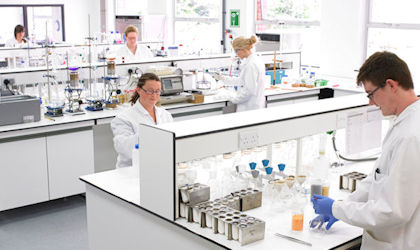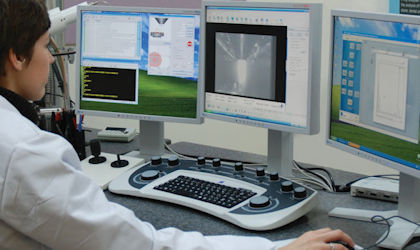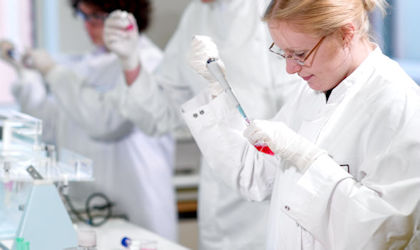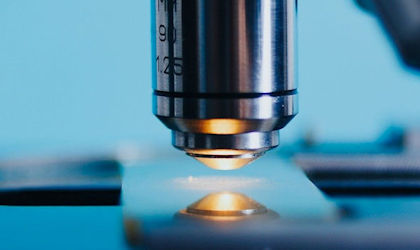Bread structure, information, research and services

To discuss your needs
How can enzymes make baked goods healthier?
The baking industry faces many challenges in providing products that meet the needs of modern consumers, especially since baked goods are often seen as indulgent, with high levels of fat and sugar. Government targets have led to a reduction in the amount of fat, sugar and additives used in manufacturing, but consumer demand has also created a desire for more clean-label products.
Emerging ingredients - technical challenges for innovation
It's essential to keep up to date with emerging ingredients in order to differentiate your food and drink products from those of your competitors. Understanding the technical challenges can also help to prevent issues arising during product development. In this webinar, Rachel Gwinn identifies the latest on-trend ingredients and discusses the practical considerations for their use.
An ingredient functionality approach to shelf–life extension of foods
This project focuses on the functionality and interaction of starches with other flour components and ingredients in a range of products, in order to get a better understanding of factors leading to staling, and develop strategies to counter these changes.
Image analysis and product quality
Better insight into product quality can help drive quality improvements. Sophisticated imaging technology can provide this insight into product composition, colour and physical structure. This clip illustrates some of the tools we can use to help you assess and optimise the quality of your products.
Key services
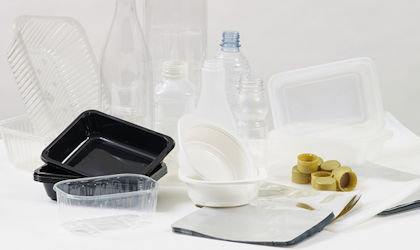
Packaging down the microscope
Microscopy use a range of techniques to examine packaging materials including plastic and metal.
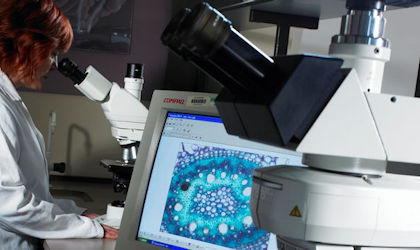
Structure and physical properties
Methods for objective characterisation of food structure and physical properties.

Foreign body identification scheme
Run independently from our own foreign body laboratory, the FOBS scheme enables other laboratories to check their competence in the identification of foreign bodies.
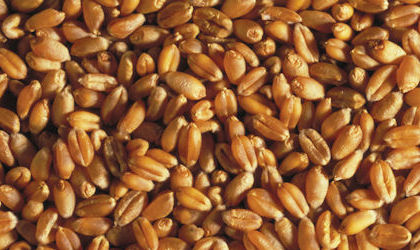
Cereals and milling services
Cereals and milling testing services information, pricing and submission.

Meat, poultry and seafood analysis
Analysis supporting meat, poultry and seafood suppliers, manufacturers and retailers.
Bread training courses
Explore our bread related courses including; Bread science and technology and Bread – practical skills
Are you getting the most from your Membership?
Watch our membership FAQ videos and find out more about Member Service Account spending, Member Interest Groups, help and advice
Where we refer to UKAS Accreditation
The Campden BRI group companies listed below are accredited in accordance with the recognised International Standard ISO17025:2017 by the United Kingdom Accreditation Service (UKAS). The accreditation demonstrates technical competence for a defined scope of methods, specific to each site, as detailed in the schedules of accreditation bearing the testing laboratory number. The schedules may be revised from time to time and reissued by UKAS. The most recent issue of the schedules are available from the UKAS website www.ukas.com. Campden BRI (Chipping Campden) Limited is a UKAS accredited testing laboratory No. 1079


